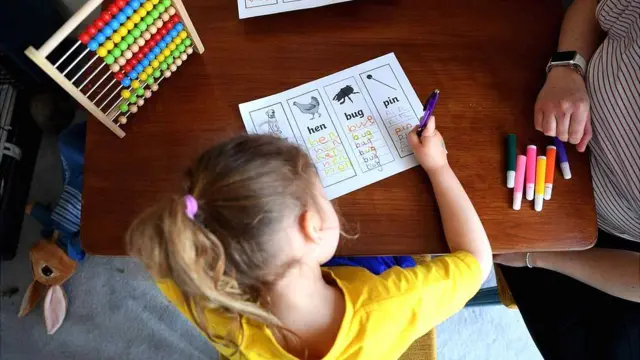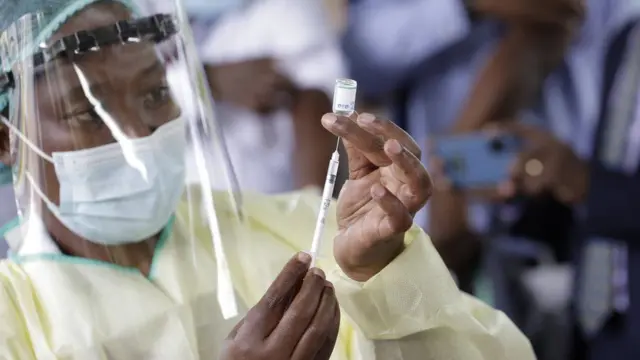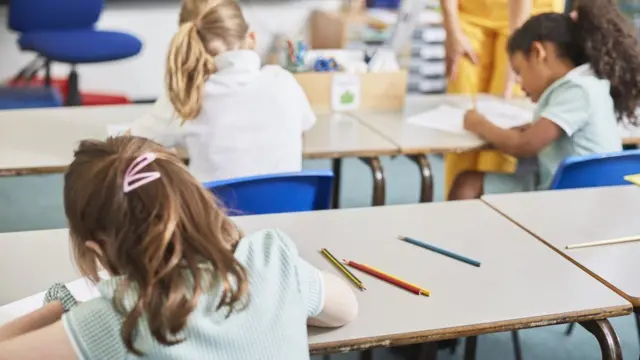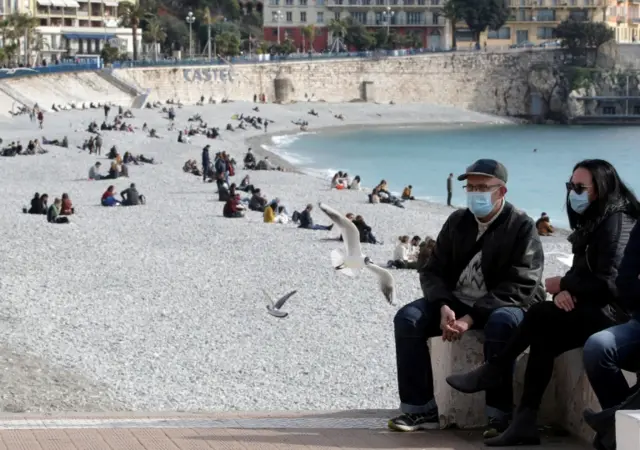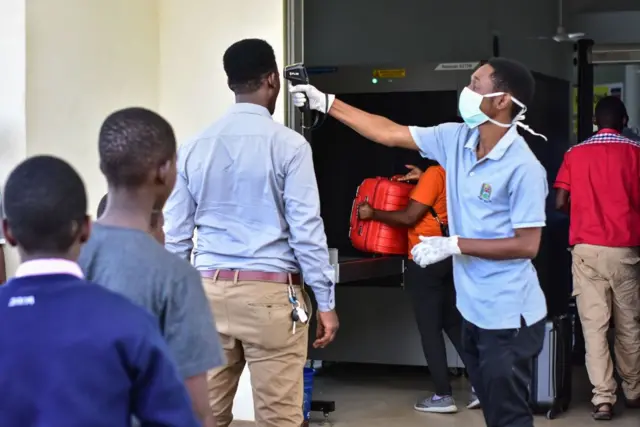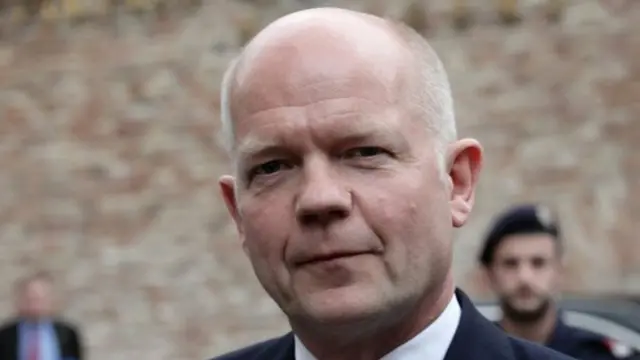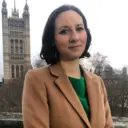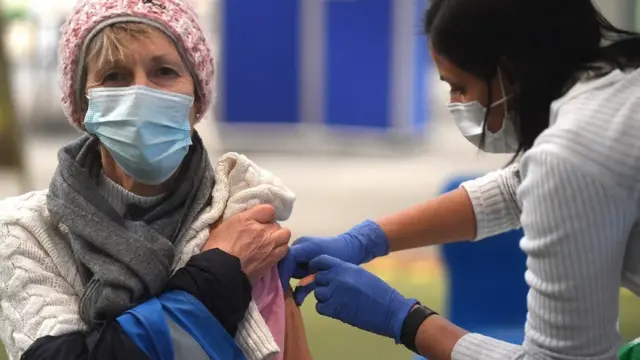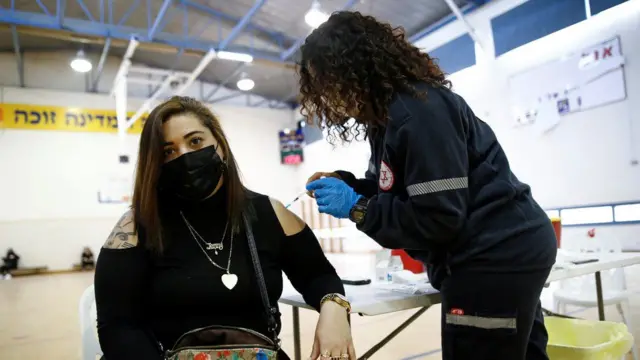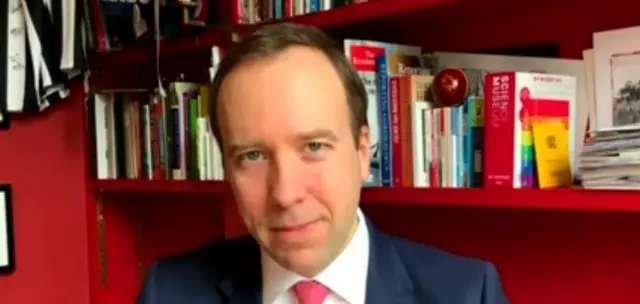Vaccine offer 'cruellest twist' in Jo Whiley's sister's fightpublished at 13:58 Greenwich Mean Time 21 February 2021
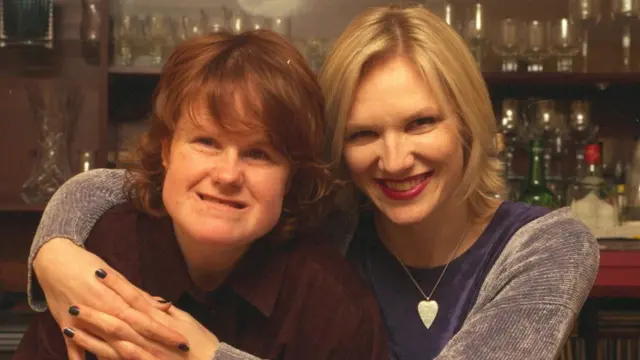 Image source, SHUTTERSTOCK
Image source, SHUTTERSTOCKDJ Jo Whiley says it has been "the worst week of our lives" as her sister, who has a learning disability and diabetes, is in hospital with Covid.
The BBC Radio 2 presenter said Frances Whiley, 53, had been called in for a vaccine appointment on Saturday evening, but it was "too late" and she was now "fighting for her life".
"It couldn't be crueller," Whiley told the BBC's Andrew Marr.
The DJ has previously questioned why she was offered the vaccine before her sister, who has the rare genetic syndrome Cri du Chat.
"I have no idea why I was offered the vaccine and my sister wasn't - it felt like the cruellest twist in the world because I've been asking for her, wanting for her to have her vaccine for a year... to be protected," she said.
- When will it be my turn to be vaccinated?
- Five things we still don't know about the vaccine rollout
- Jo Whiley: 'I'd give up my Covid vaccine in a heartbeat'
Earlier this week the DJ told BBC Radio 4 it was possible she was offered the vaccine because she is listed as her sister's carer.
She said people with complex needs should be vaccinated "as quickly as possible".
The DJ said her family has "hope" because Frances's oxygen levels improved yesterday: "Twenty-four hours ago we didn't have any hope at all, so she is an amazing fighter, she always has been a great fighter and I'm just hoping that her spirit gets her through."
